Food is life, right?
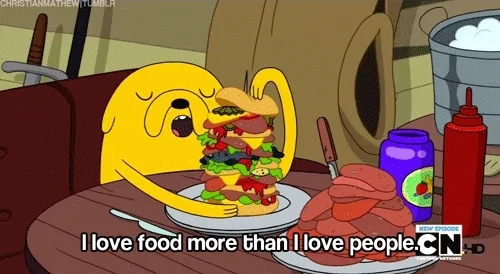
But as the world gets warmer, the food we rely on from agriculture will be strongly affected — and not in a good way.
Agriculture and climate change have a complicated relationship. Agriculture contributes to climate change, and in turn, climate change affects how well we can grow food.
What does climate change mean? Climate change means changing temperatures and weather patterns caused by human activities like farming, energy use, and transportation.
What is agriculture? Agriculture covers all the ways we grow crops and raise animals to provide food and other things.
Climate change = less crops and more pests
Climate stresses like heat, cold, and drought hurt plant growth and yields, affecting how much food we can produce.
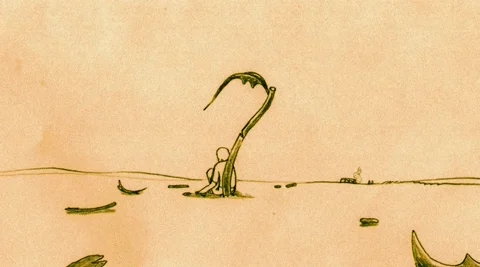
Crop production worldwide has been hit hard by climate change. From 1964 to 2007, global cereal production dropped by 9-10%. Droughts between 1985 and 2007 caused 14% more losses compared to previous years.
As temperatures go up and weather becomes unpredictable, pests and diseases are changing and spreading. The warmer weather helps them reproduce faster, causing more frequent and severe attacks on crops.
Livestock will suffer
Extreme temperatures caused by climate change can harm how animals produce. Long periods of heat can seriously affect the health and performance of livestock. For example, Nepal has seen fewer cattle and less production because of more hot days.
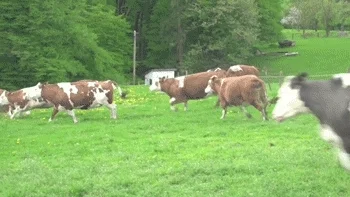
Access to water is crucial for animals — without enough water, they can't gain the right weight for healthy growth.
Biodiversity will decline
Both farming and climate change are causing problems for biodiversity, which iscrucial to agriculture.
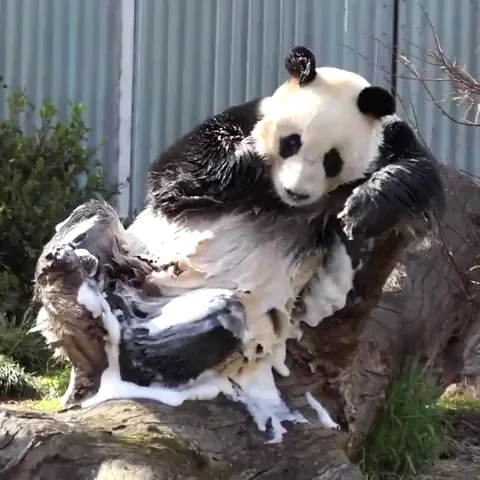
By 2016, over 9% of the breeds of mammals used for food and farming had disappeared, and more than 1,000 others were at risk.
Intensive farming methods like growing only one type of crop (monocropping) have made crop varieties narrower and more vulnerable to diseases and pests.
Losing different types of plants and animals we use for food makes our food systems weaker and less able to handle challenges, making it harder to ensure we have enough food for the future.
Soil health = more collateral damage
Soil is crucial for growing crops and raising animals. Healthy soil can soak up more water and store carbon, which helps improve water quality and makes it easier to survive droughts.
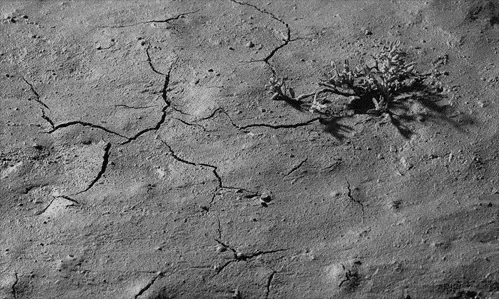
However, if the temperature rises by just 4˚C, the soil might release 34-37% more carbon dioxide than we thought.
Industrial farming practices like using too much fertilizer, pesticides, and over-grazing can also harm the soil, causing it to release carbon into the air.
Climate change = less water for agriculture
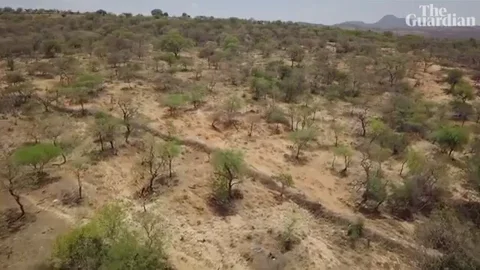
Changes in rainfall patterns are causing big problems. Some places are getting less rain and long-lasting droughts, making it hard to have enough water for farming.
On the flip side, other areas are getting more rain and stronger storms, leading to floods and soil getting washed away.
These unexpected changes mess up when farmers can plant and harvest their crops, making it tough to manage them properly.
Moreover, because of climate change, the ice in mountainous regions like glaciers and snowpack is melting. These icy places usually store freshwater, which melts and flows downstream, providing water for farming.
But as they melt away (a process called deglaciation), there's less water flowing down, causing more stress for farmers who depend on this water for growing their crops, like in Canada's Rocky Mountains, where less snowpack means less water for irrigation when it's needed the most. 
Not just natural impacts, but impacts on human societies
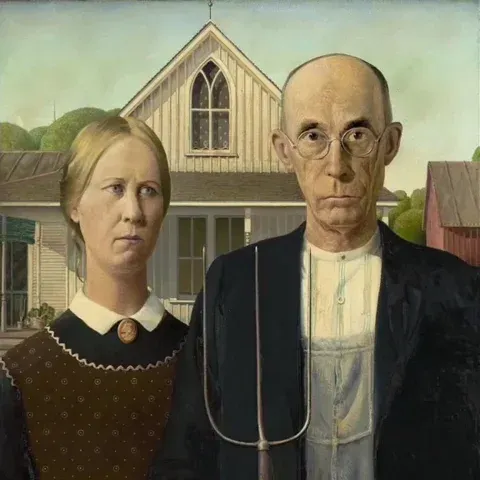
Most farms worldwide are managed by smallholder producers on small plots, and these farmers are among the most vulnerable. Climate change is making life hard for these farmers.
It's reducing how much food they can grow, impacting their health and making it tough to have enough food. This leads to lost homes and incomes. Fishermen are also severely affected.
In Zimbabwe, about half of the adults rely on farming, mostly using rain for their crops. But climate changes like temperature shifts and less rain are hitting hard, especially for maize (or corn) farmers.
Maize is a crucial crop, but it's sensitive to changes in weather, making it tough for these farmers when things like temperature and rain patterns change unpredictably.
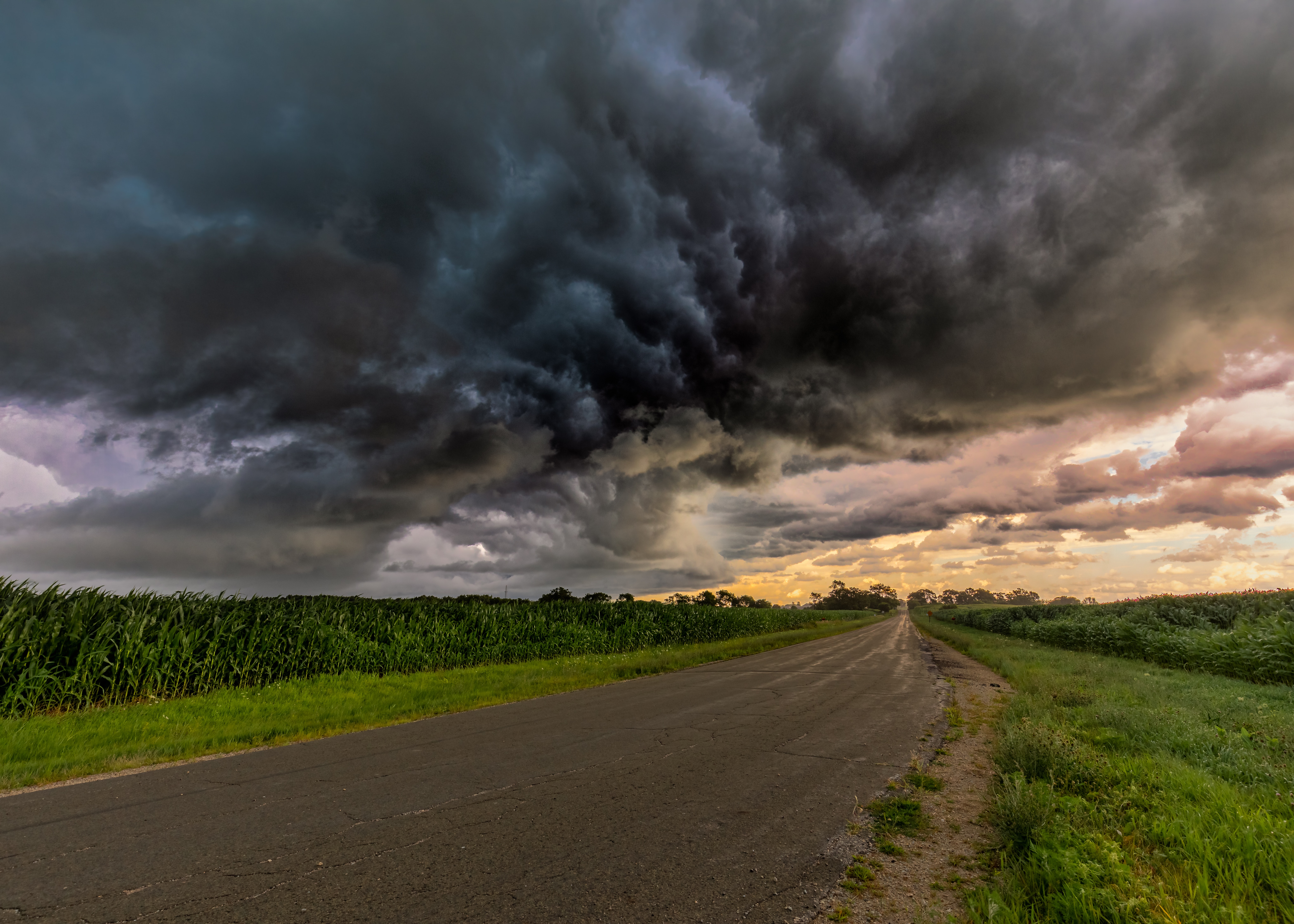 Photo by Dave Hoefler on Unsplash
Photo by Dave Hoefler on UnsplashIs Canada also impacted?
Climate impacts are hitting Canadian agriculture hard. In Quebec, heavy rainfall in July and August has caused many farmers to lose parts of their crops.
La Financière Agricole, the insurance provider for Quebec farmers, has received 2466 "damage notices" since the season began, way more than the average of 2060 notices in the past five seasons or 1795 notices in the last decade.
Maple syrup production is threatened by climate change. Changes in weather are causing shorter and less predictable tapping seasons, leading to weaker harvests.
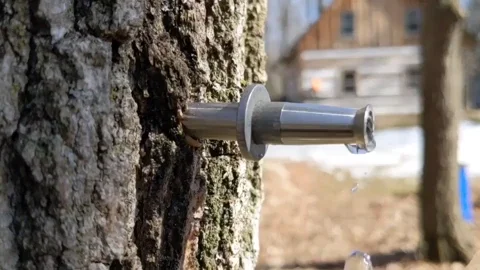
Climate change is an extra worry for farmers who are already under a lot of stress. They have experienced suicidal thoughts at a rate more than twice as high as the general population.
Take Action
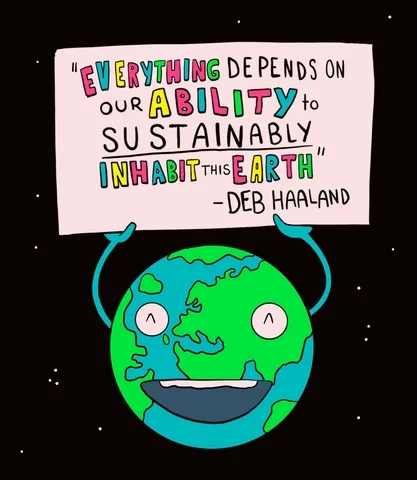
Check out these Bytes to learn more about how climate change affects the environment and human societies:

Your feedback matters to us.
This Byte helped me better understand the topic.
